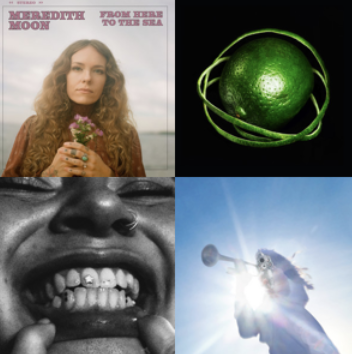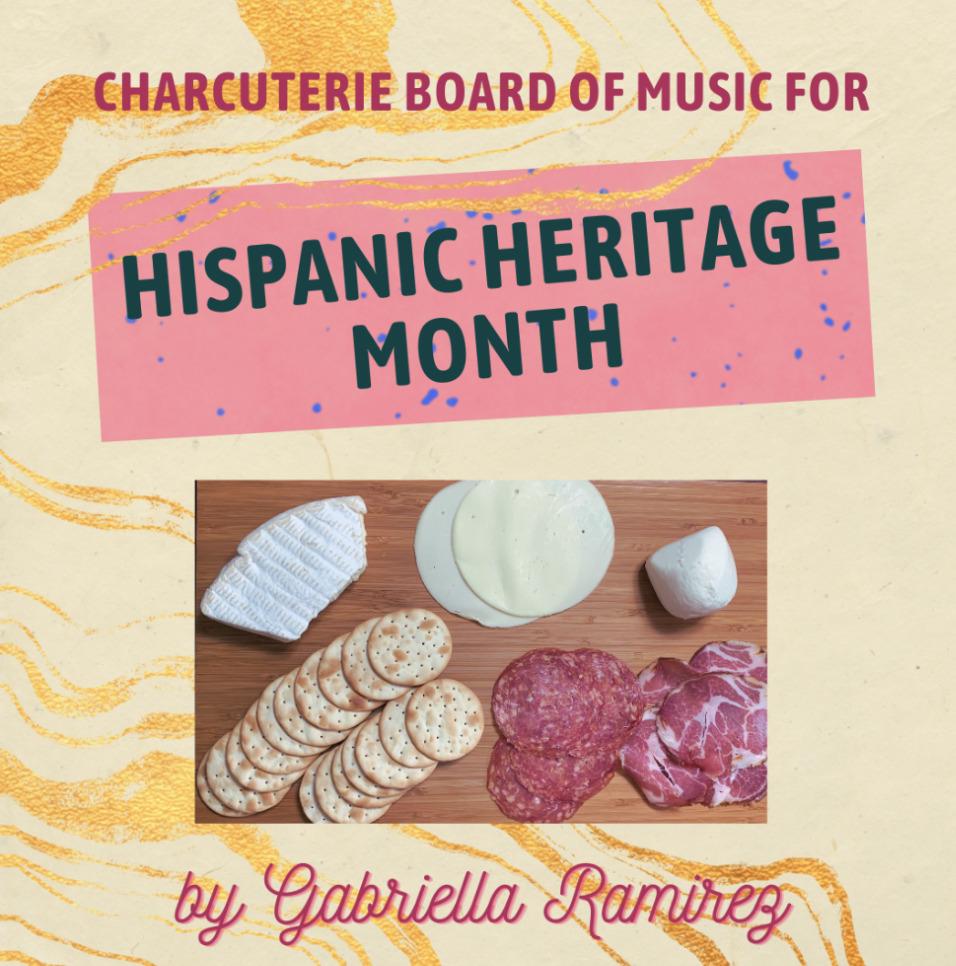Over the past two days, there’s been a furvor of intense opinions, from those who respect a unilateral ideal of free speech and those frustrated with said free speech veering into conspiracy theories about science. If you haven’t heard of Joe Rogan and his podcast, you probably know or have seen someone in your day-to-day life who does. With 11 million listeners per episode, there’s no overstating that Joe Rogan’s podcast and brand is popular and far-reaching.
The Controversy began when on September 1st Rogan posted an Instagram video talking about getting covid-19. He stated that he “threw the kitchen sink at it,” which included Ivermectin, an anti-parasite drug that numerous right-wing pundits and politicians have promoted as part of this still standing controversial issue among the unvaccinated and those who have controversial opinions about covid-19. This is where Neil Young comes into the picture. In January, hundreds of public health experts called on Spotify to remove just one episode of the Joe Rogan Experience from December 31st, featuring Dr. Robert Malone. Who, according to the health experts’ open letter, promoted lies and “falsehoods” about covid-19 and vaccine health. Later in the month, Neil Young posted on his Instagram page for Spotify to choose between Joe Rogan and himself, which resulted in the decision to have all of Mr. Young’s Music removed from the platform. Following suit was Joni Mitchell, a friend of Neil Young’s and another musician with millions of monthly streams, all removed from the streaming platform.
Now, why am I talking about this? Well, this controversy sits tightly in my chest and conjures up the same feelings I had while working retail during the height of the (never-ending) pandemic. I feel the frustration of Neil Young, Joni Mitchell, and those who support their choice to leave. And I can understand the argument that Joe Rogan is doing journalism in a sense. He has had quite a range of people on. Still, once you look at that range, I become uncomfortable propping up this libertarian ideal of free speech. His guests don’t just include those who promote misinformation via covid either. He has had Gavin McInnes on, the co-founder of Vice and Founder of The Proud Boys, a far-right gang that has had many of its members arrested for violent acts at protests. But what’s interesting is how this controversy has manifested. Initially, there were two general camps, those who have claimed to be for free speech to be protected at all costs and that Neil Young is trying to force Spotify to censor Rogan. Which as a rebuttal, that is not how censorship works. Young is using his free speech to voice his opposition to the rampant covid misinformation from one of the most popular podcasts. The other side is voicing their opposition, and some are even canceling their Spotify subscriptions, including Anthony Fantano of the NeedleDrop.
This controversy became compounded on February 5th, when multiple clips were shared of the controversial comedian repeatedly using the N-word from numerous episodes of his podcast. An occurrence in which certainly casts a harsh shadow over those who believe in free speech obfuscating this position to use racial slurs. This isn’t just once or twice, Spotify has removed over 70 episodes featuring racial slurs used by Joe Rogan. Also featured in this litany of racist speech was a joke where he refers to a crowd in a Philadelphian movie theatre as “Planet of the Apes” that Rogan claimed in a new Instagram video was “taken out of context.” This all begs the question, what is the context that makes this okay? I would argue that these words hold a power innately. Using historically hateful language in casual conversation is always abhorrent, especially when one uses words that aren’t from one’s background. Even some within the black community do not feel comfortable using the N-Word due to its racist history, and some use it as a reclaimed term of endearment, but that is not for white people of any stripe to use under any circumstance.
Now we are left at a stand-still, with a giant in the music business silently removing episodes that feature bigoted language. Spotify seems to be bending ever so slightly to remove the 100+ episodes featuring the slurs in question. But will this extend to removing all episodes with misinformation? And if they do, will it be at this late stage where the older content is essentially meaningless to the platform, as it does not bring the streams and ad dollars as that of a new episode dropping. What is clear is that many are virulently against Rogan’s views and many will continue to consume his content and defend his actions.






